In 2001, Professor Danny Dorling wrote an essay entitled “Anecdote Is the Singular of Data.” In it he explored how, during his teenage years, he grasped the idea that the places people live impact the lives they lead. Dorling opens the essay by describing a pedestrianized subway near his childhood home. The subway had four entrances, each leading from a different housing development.
Film Review: The Price We Pay
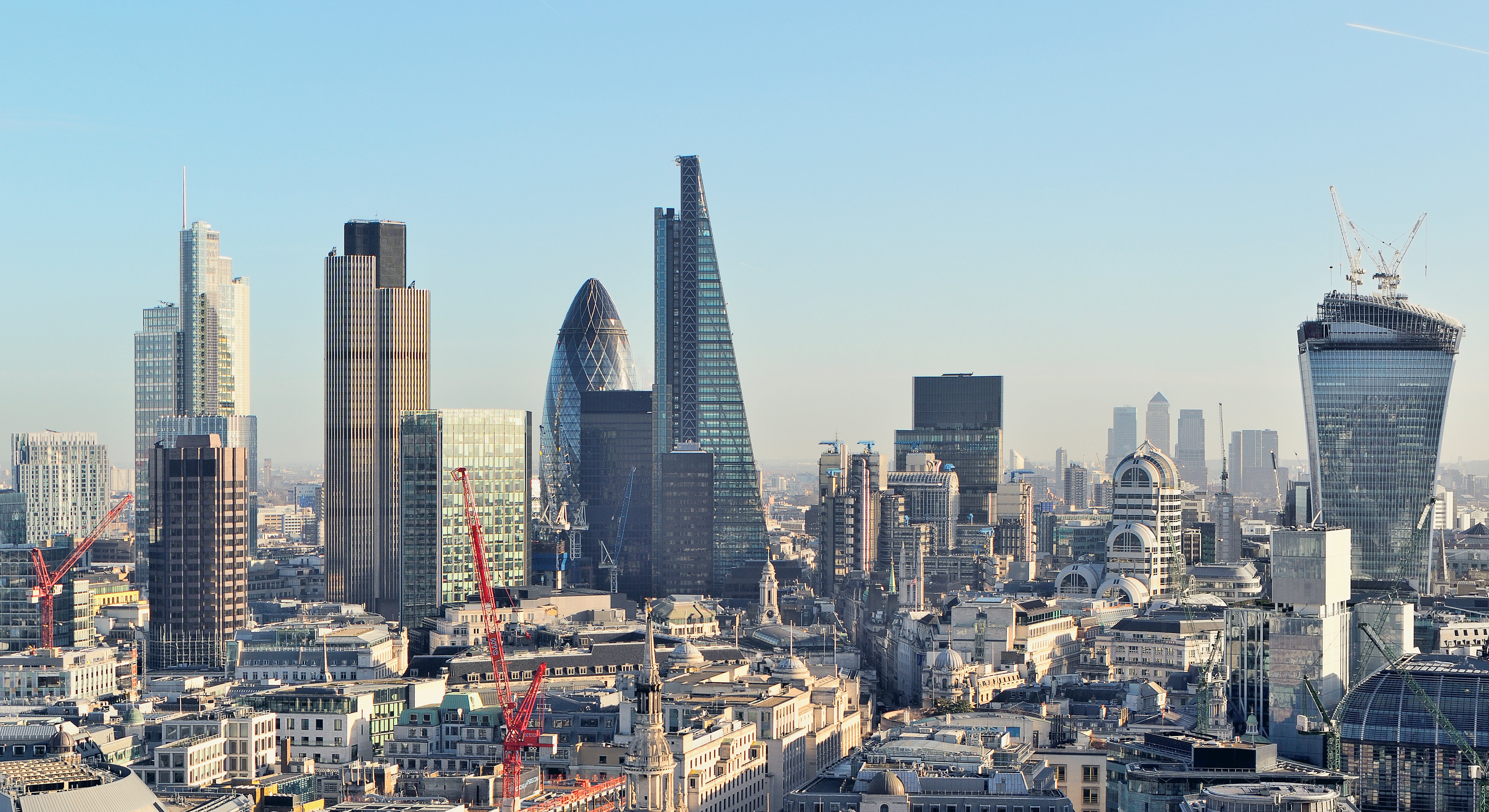
The figure of a gryphon, the legendary feral, clawed, winged creature that nests above the one-square mile City of London, Britain’s financial industry (akin to Wall Street, but with its own legal authority, too) is an apt symbol for an untrammeled center of global capital. A creature of prey, it is redolent as the guardian of ill-gotten, even murderous gain. What else is the financial center of the United Kingdom, which introduced the tax-free zone that modeled capital flight around the world? The City predates the Cayman Islands or Switzerland as tranches for tax avoidance and is a main locus for starving the welfare state.
"What we’ve achieved so far": An Interview with Jeremy Corbyn
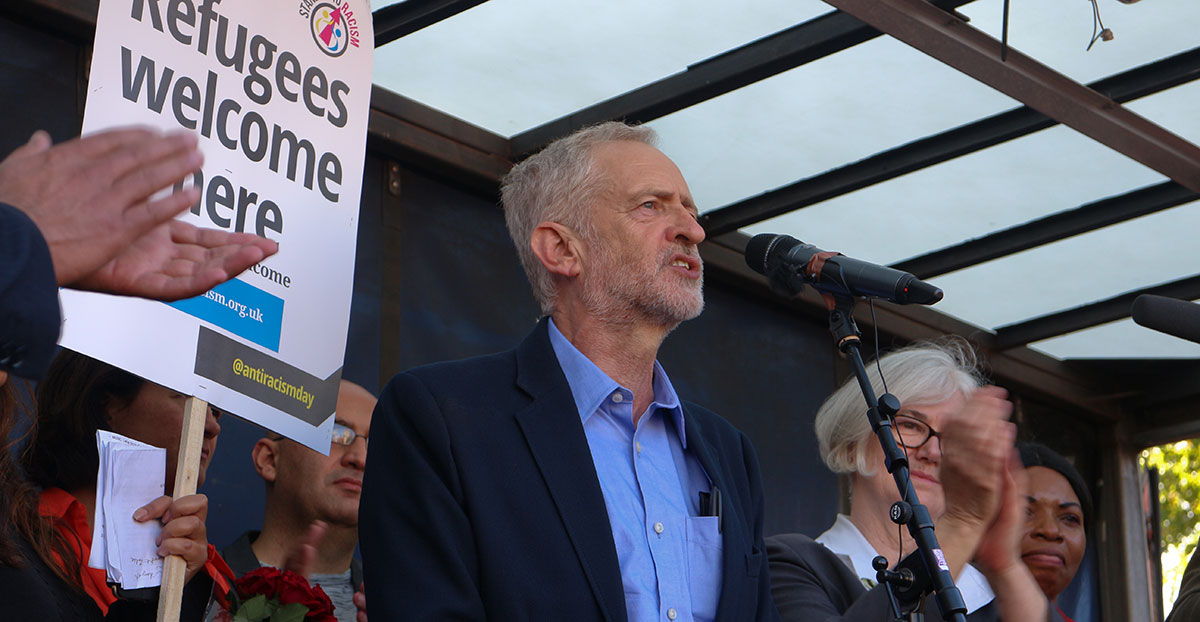
Leo: Your remarkable campaign for the leadership not only doubled the party membership but galvanised some 400,000 people overall to associate with the party. This is frankly unheard of anywhere in terms of party mobilisation on the left in recent decades. What do you think this reflects about the possibilities for a new politics, not only in Britain but more broadly – especially in Europe?
Jeremy: I think our campaign excited people who were very depressed by the election result and very depressed by the analysis that was being offered at the end of it, which was essentially that Labour wasn’t managerial enough and we had to be better managers in order to do better in the future. I only really got on the ballot paper because of a combination of people – from those who just absolutely wanted an alternative to be put, to those who thought that there ought to be a democratic debate in the party. This kicked off the social media campaign that encouraged others to get involved.
ISIS in Syria: Stop the march to war – There are alternatives

Militant Islamic State fighters parade on military vehicles along the streets of Raqqa (Reuters)
In the wake of the murderous massacres in Paris, the demand for violent retaliation against Islamic State (IS) is gaining momentum. David Cameron now plans a renewed bid to secure parliamentary approval for UK air strikes against IS in Syria.
At one level, this is an understandable reaction to the fascist-like tyranny and brutality of IS. But understandable reactions and effective reactions are often two different things. The desire for retribution, no matter how seemingly justifiable in response to the slaughter of so many innocents, is not a sound basis on which to frame political and military policy.
Film Review: “Suffragette”
The movie Suffragette is the first feature film that dramatically depicts the monumental struggle for women’s right to vote in pre-World War I England. (Please erase from your memory the horrible, and I mean horrible, portrayal of suffragettes in the Disney monstrosity Mary Poppins.)

Directed by Sarah Gavron, with screenplay by Abi Morgan, the project also had the support and star power of Meryl Streep in a brilliant-as-always portrayal of Emmeline Pankhurst, the leader of the militant suffragette organization, the Women’s Social and Political Union (WSPU).
Jeremy Corbyn versus the Third Way
A development which no one expected now appears inevitable. Barring either otherwordly intervention or old-fashioned political dirty tricks, Jeremy Corbyn, long on the left wing of the British Labour Party, is slated to become that party's new leader.
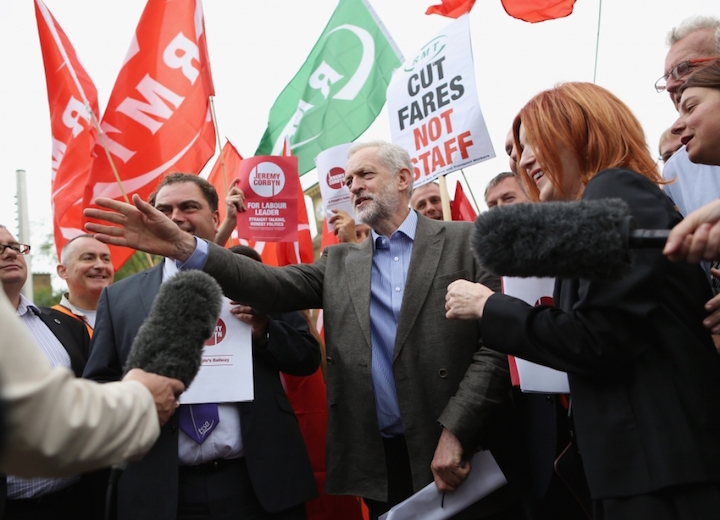
And the rabidly pro-capitalist heirs of long-gone "New Labour" leader Tony Blair, as well as the traditional right wing of the Labour Party, are absolutely apoplectic.
Britain's End Austerity Now: Revival of Radical Political Left
.jpg)
On Saturday, June 20, a quarter of a million people marched in London from the Bank of England to the Houses of Parliament in order to protest against the Conservative government’s planned spending cuts to public services. This was the largest single demonstration against austerity to date and reflected to a degree the revival of a radical political left in Britain after decades in the wilderness.
The Left Unity Project of Britain
![]() The origins of the Left Unity project came out of the common struggle across Europe against austerity. The specific moment was the first coordinated general strike across Europe on November 14, 2012. Many of us active on the left, already working with the anti-austerity movement across Europe, saw the need for British engagement too, and from that day onwards, Left Unity has been in development.
The origins of the Left Unity project came out of the common struggle across Europe against austerity. The specific moment was the first coordinated general strike across Europe on November 14, 2012. Many of us active on the left, already working with the anti-austerity movement across Europe, saw the need for British engagement too, and from that day onwards, Left Unity has been in development.
Dreamed a Dream by the Old Canal…….

This year marks 100 years since the birth of Ewan MacColl. Born James Henry Miller in Salford on January 25,1915, he adapted the stage name of Ewan MacColl to acknowledge his strong Scottish heritage.
Lost to Idealism: The British Left Choose Rhetoric over Reality
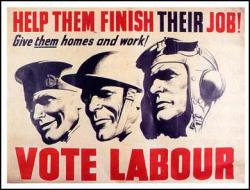
In the United Kingdom, we are accustomed to progressives conducting their arguments in confident terms of complete inevitability. Progress is a one way street, and we are marching ceaselessly along it towards the end of history, almost without trying.
The Scottish Independence Referendum: A Socialist Perspective
 On September 18, 2014, the Scottish people had the opportunity to withdraw from the United Kingdom and become an independent country. The unity of Scotland and England has existed since 1707, so the vote could have broken with three hundred years of history. After a long and bitter campaign, the proposal to leave the UK was defeated by a margin of 55% to 45%.
On September 18, 2014, the Scottish people had the opportunity to withdraw from the United Kingdom and become an independent country. The unity of Scotland and England has existed since 1707, so the vote could have broken with three hundred years of history. After a long and bitter campaign, the proposal to leave the UK was defeated by a margin of 55% to 45%.
Spot-On After All These Years: Robert Tressell's The Ragged Trousered Philanthropists
We don’t think of philanthropists as ragged: louche, maybe even a tad shabby, as with
trust-fund hipsters or Palo Alto billionaires, but never ragged. In writing his early-twentieth-century British classic, The Ragged Trousered Philanthropists, Robert Tressell (the pen name of Robert Noonan) wanted to drive home his point. The biggest benefactors of the rich are workers. His is a portrait of hard-pressed working people and their counterintuitive respect and political and economic support for their rulers.
Women and Austerity in Britain
Since the Conservative-Liberal Democratic coalition came into power in Britain in 2010, there has been a vicious attack on both the public sector and the social welfare state that is being justified as a response to the “high deficit.” Austerity is being introduced for two related reasons. First, the low profitability and resulting stagnation following the economic crisis of 2008 led employers to squeeze wages in order to keep profits up.
Far more than a struggle over pay and pensions: Why the Oct. 1/17 UK teacher strikes matter
Both teachers unions and headline-writers seem to agree that the NUT (National Union of Teachers) and NASUWT (National Association of Schoolmasters Union of Women Teachers) joint strikes that start Tuesday 1 October are over pay and pensions. They’re wrong.
Here's why UK teachers are striking
UK teacher Rob Price explains in this FB post why we should care about and support the upcoming joint strikes of the country’s two biggest teachers unions. (My post tomorrow will discuss why this is a strike over much more than pay and pensions.) You can tweet messages of support to @nutonline with the hashtag #teacherroar.
Remembering Margaret Thatcher, with Loathing
The execrable Maggie Thatcher, erstwhile British prime minister, passed on April 8 with much rending of clothing by her nation’s Right but with something approaching joy by much of the nation’s rest. The following sendoff appears in the Summer 2013 Democratic Left, minus its last graf slapping the endlessly slappable Slavoj Zizek for writing that the Left could learn from her.
Reaffirming the Chartists’ Revolutionary Moment
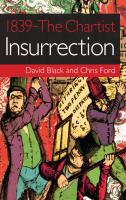
Book Review: David Black and Chris Ford. 1839: The Chartist Insurrection. Foreword by John McDonnell, M.P. London: Unkant Publishers, 2011. 233 pages. Chronology. Illustrations. Appendices. Index. £10.99.
The Alfred Marshall the Left Doesn't Know
Most leftists know economist Alfred Marshall (1842-1924), if they know him at all, only through the superficial account of him given in Robert Heilbroner's The Worldly Philosophers,[1] as only a fusty Victorian preoccupied with abstract mathematical models of economic equilibrium.
Building the Party
A fair number of New Politics readers will have read one or more of Tony Cliff’s books, or perhaps even seen him deliver one of his stem-winding speeches. For more than half a century, Tony Cliff (1917-2000) played a leading role in the movement to rebuild the international far left in the wake of Stalinism and fascism. He was a proponent of the theory of Soviet state-capitalism, a biographer of Lenin, Luxemburg, and Trotsky, and a central figure in the development of the International Socialist tendency.
The Dr. Jeckyl and Mr. Hyde of 20th Century Intellectual History
Anyone interested in intellectual history from the great depression of the thirties to the post war 1980s will be familiar with the impact of Arthur Koestler, whose famous assault on Stalinism and the Soviet Union in his novel Darkness at Noon was a widely praised international bestseller. There was a vehemently critical biography written by David Cesurani, Arthur Koestler—The Homeless Mind published in London in 1998. It was an opinionated attack on Koestler’s personality and moral stature.
